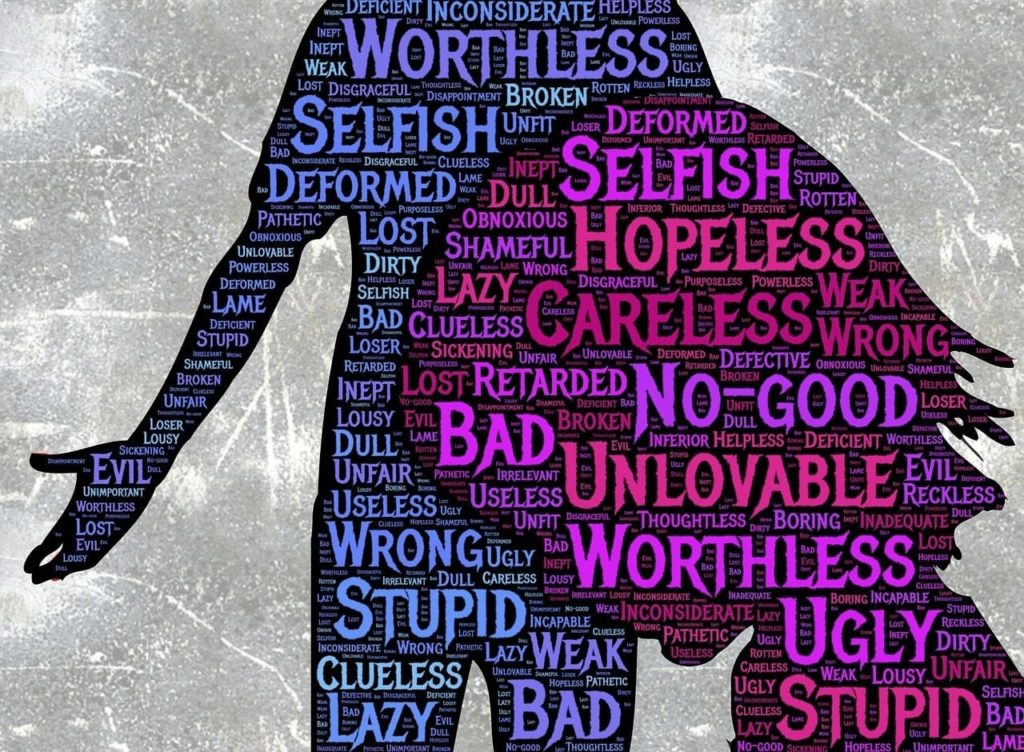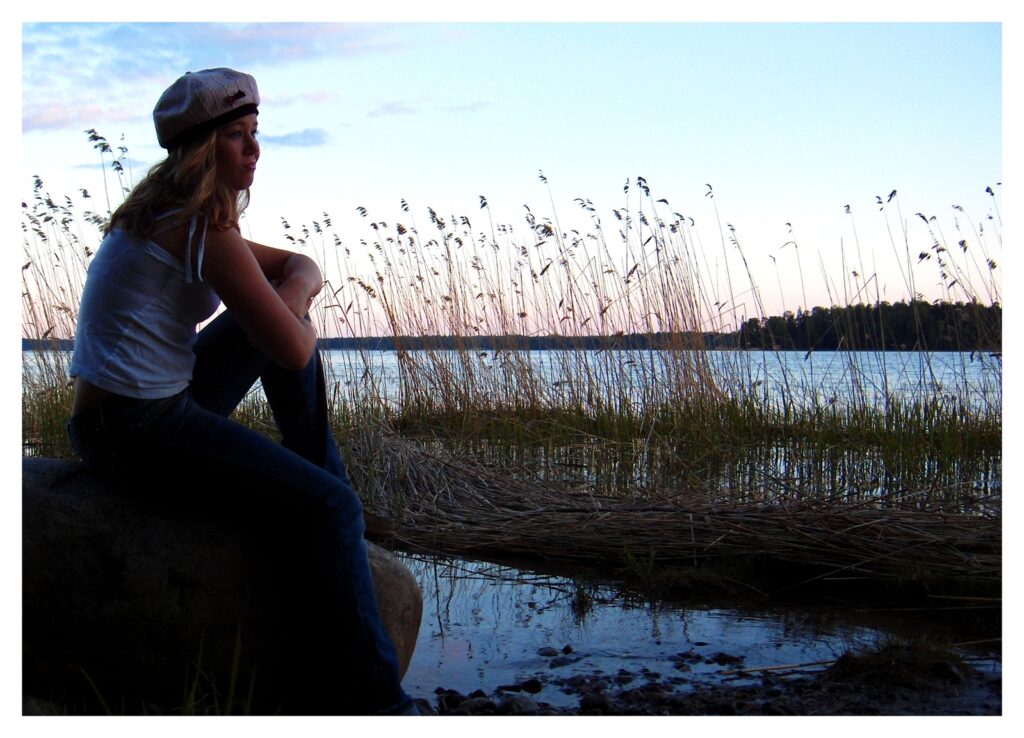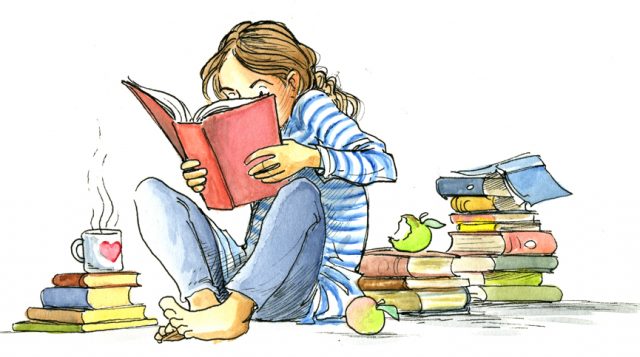
If you’re in any of the same online bubbles as me, you’ve probably seen a resurgence of people talking about “attachment” and “attachment styles”. These articles often mention the four main attachment styles of adult relationships – secure, anxious-preoccupied, dismissive-avoidant and fearful-avoidant attachment – which are certainly worth investigating. Though I love seeing attachment theory […]
Read more...













